|
We've been a bit quiet recently, but one of our wonderful community - Denise Annett - has produced this brilliant video about the Chartists in Sheffield, which tells the story of one of the first groups of women to organise themselves into a campaign for their right to vote.
Do check it out - it's an inspiring and important story!
0 Comments
We're delighted to say we've just finished Mobilise 2! This a spin off project from Mobilise! that aimed to pilot and evaluate the active citizenship course we developed last year.
We'll share more information about the outcome of the project soon, including details of the evaluation report and the resources we developed to support others who might want to deliver the course. In the meantime, sincere thanks to our wonderful volunteers who were involved in the project, and to the amazing group of asylum seekers and refugees from Global Link who tested the course and shared their ideas and thoughts with us. As ever, we couldn't do it without you. We were absolutely delighted to be able to officially launch our course on Active Citizenship this week!! We've been working hard for the last year on Mobilise!, a collaboration with Global Link, a Development Education Charity based in Lancaster, with whom we co-designed the course. It's been developed for the asylum seekers and refugees that Global Link work with and is designed to nurture understanding and confidence about getting involved in community and political life. As well as the lovely folks at Global Link, we worked with a wonderful team of volunteers who gathered inspiring stories of activism and change makers to show what's possible when people get together to try and make things better. You can watch a video of the launch over at Global Link's facebook page here. The course is free to anyone who wants to use it and can be accessed via our website. We were delighted to learn that the Women's History Network awarded the Remembering Resistance project a 'Highly Commended' in its annual Community History Prize.
The panel were particularly impressed with the way we collaborated with our volunteers and the range and scope of the project. We are chuffed to bits and although celebrating's difficult at the moment, we had a piece of cake to a job well done! 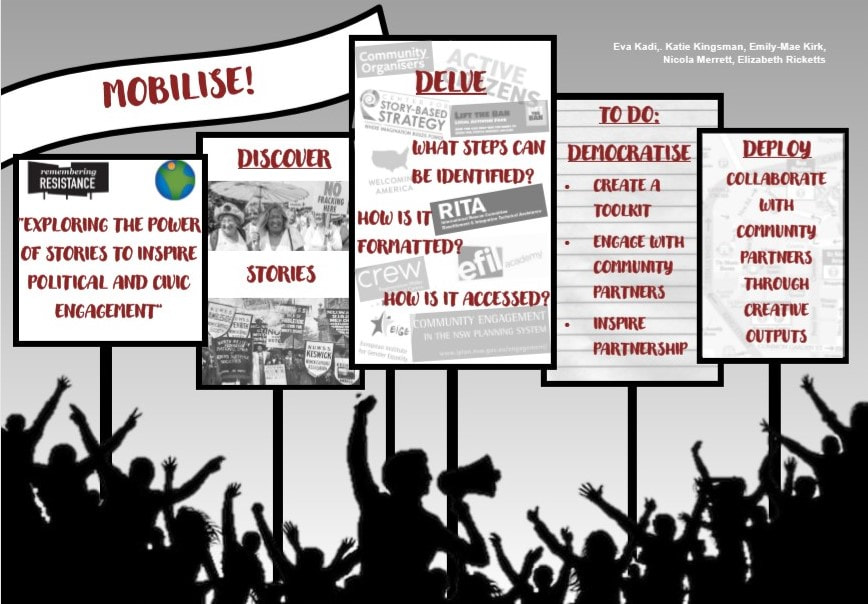 As part of the Richardson Institute, to commend the end of our internship, we were assigned the task of creating a poster, which summarised the work that we have done in our project placement. For us, this was about the experience we have gratefully had- so far- in working for Mobilise! For this poster, we focused on the subject of resistance, a theme that is at the heart of this project, which we wanted to translate physically. This was done through the use of placards, to recreate a protest of our own, in light of the stories that we have collected and become inspired by. This poster has been organised into five main categories. The first, provides a summary of the Mobilise! project, which includes its partnership between Remembering Resistance and Global Links. From there, we incorporated the four main headlines of the Activism by the Numbers Retreat: Discover, Delve, Democratise, and Deploy. These four headlines contextualise the four steps that we have undergone: Discover: to collect and listen to stories of resistance and protest. Delve: to find online guides on social resistance and turn this into qualitative data, which identifies the leading patterns of successful activism. Democratise: to combine these two data sources and collaborate together, and with our community partners, in deciding creative outputs that will put these findings into an engaging and interactive format. Deploy: to put into practice with our community partners and make change. We hope you enjoy our poster, and we are excited to continue volunteering for Mobilise! 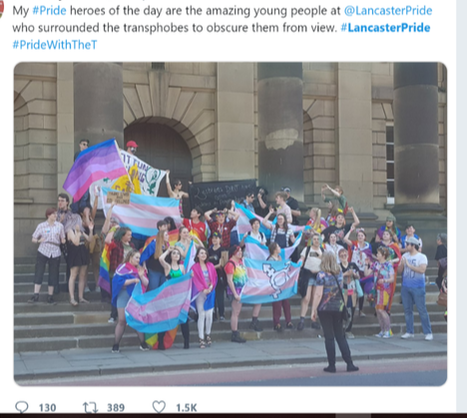 We have new interns from the Richardson Institute working on the Mobilise! project. One of the first tasks we asked them to look at is what Mobilise! is all about, especially the power of storytelling... Here is their response. The process of story-telling is the essence of the whole movement of Mobilise! As women and advocates ourselves, we have decided to share our own stories. Whether a protest, an interest, or a personal experience of civic marginalisation, here are our stories: Nicola: The female voice has always, and should always be, a prominent voice in society. However, it is only in the past century that female advocacy has truly had any political and civic access; there has been a radical movement from women having no vote to a surge of pro-feminine empowerment in the media. Yet, as a female advocate myself, this progress is an ‘illusion’, because there is still an imposed immobility onto women, and this is internal too. As a queer activist, I annually attend Pride. For women-and every gender-it provides a safe-space for people to overtly express their rights and gender identity. However, this safe-space was comprised this year at Lancaster Pride when other women forced their silence. These women shouted transphobic slurs and violently shunned transwomen. They call themselves feminists. Fortunately, we peacefully protested in front of them with pro-trans flags. However, this story shows how far women are from having a united voice when our own sisters disgustingly silence each other, never mind wider society. These stories of internal silencing need to be heard. Katie: The only protest I can say I've been a part of is when my towns schools all striked. I think that the strike was over pensions or the pay freeze that only translated to me as a day off school. But unlike all the other kids in town I wasn't at home watching SpongeBob, my mum, a teacher on strike traipsed me and my sister through town with the other teachers, holding placards and blaring microphones walking through a mostly empty city centre. At the time I was not very impressed, but as I've grown older the meaning of protest has changed from a less-than-ideal day off to being something that can help make a difference and make people's voices heard. I still haven't been in a protest since I was 12, instead finding other ways to protest against things I don't believe in. I hope from this internship I'll find a way to affix my daily beliefs and actions into more outward protests, making myself heard and helping make change. Eva: In these contemporary times, even if a lot of progress has been done regarding respecting human rights, we still witness phenomena of social or gender discrimination, leading to violence, or even death. A typical example of this is the huge rates of women being killed worldwide, because of their gender. Society tends to label these affairs as “love crimes” or as a result of mental disability from the victimizer, leading to declaring a male offender as innocent. While society covers these actions as if they are less important or less indicative of the sexism that exists in our milieu, it is more than essential for all to oppose this handling and protest in favour of all these people who have been victimized because of something they are. Emily-Mae: My passion for feminism and interest in female activism lies in my membership of the Lancaster University Feminist Society. I started reading feminist literature by authors such as Mary Wollstonecraft and Roxane Gay, which I would consider in itself political activism as I would often discuss these works with other resistant women around me. The only example of protest or resistance I can think of in my own life would be my plans to lobby the Lancaster University Students’ Union for the protection of their student night-club The Sugarhouse, voted the 2nd safest night-out in the country. My resistance has included attending the Annual General Meeting of the Students’ Union, and if there is further protest I will be joining the Save Our Sugarhouse campaign in their efforts to keep nightclubs in Lancaster safe for vulnerable customers.
Lizzie: I can’t say much in terms of personal experience of protests but one image that has really imprinted in my mind was when I saw thousands of people marching through London in demand of more money for the NHS. Seeing the dedication of everyday people who were fighting for a cause they believed in so passionately really showed me the power of political activism. I believe women’s empowerment is a necessity in a society and I feel that this is best achieved through each generation of women building on the last’s work whilst they strive for political and social development. It is the determination of women that has been highlighted in Remembering Resistance that I believe we can use to inspire many more women who find themselves politically alienated, to mobilise them. I feel hopeful that in using other women’s experiences we will be successful in encouraging more to become more politically active. A blog post written by volunteer Katherine Riley on her first oral history interview for the project and how it made her think about women's activism across the whole North of England... With thanks to Ruth as well for her involvement in the project. On 15th July 2019, I conducted my first oral history interview for the Remembering Resistance project. I met with Ruth Colbridge, who is a strong advocate for changes to the school curriculum which allow children to learn in a freer, more creative environment. She became increasingly politically active after the birth of her children, and used her skills in PR to organise school strikes protesting Michael Gove’s stringent overhaul of SATs tests. The stress caused to pupils, parents and teachers by the restrictive curriculum was contrasted by hugely successful ‘alternative education’ events at Williamson Park, Fairfield Orchard, and other locations, which allowed the children to learn outside the classroom while spending time in the local community. Ruth spoke of her particular motivation to have the events covered by local and national media, particularly after the government published figures denying the widespread impact of similar strikes which took place all over the country. Although according to a Whitehall source ‘the number of children involved may have been as few as 1,000’, Ruth relayed how more than 1,000 people participated in the strikes in Lancaster alone. Media coverage of the event by Sky News, BBC Breakfast, and Radio Lancashire (amongst others) constituted an opportunity to spotlight activism in the North of England – an area of protest Ruth feels is neglected by mainstream news sources.
Ruth expressed admiration for Lancaster’s rich history of protest and lively alternative scene, something she was not wholly aware of at first. She wondered whether this played a part in building momentum for the school strikes. It is certainly something which has inspired me to help document the history of Northern activism – stories of which, permeated by resilient and determined women, continue to emerge right across the North of England. We had a terrific workshop last week where we got together to plan the next steps for Remembering Resistance. The current project comes to an end in September, so we're making plans for the next phase and really enjoyed spending time thinking about what we want to do next.
We started by discussing the values of the project and came up with the amazing list of values in the word cloud above. Then we went on to think about what we wanted the project to achieve and what form it might take. The team came up with some terrific ideas that we're excited to explore. Thanks so much to all those who came along - we can't wait to see where the Remembering Resistance bus takes us next! 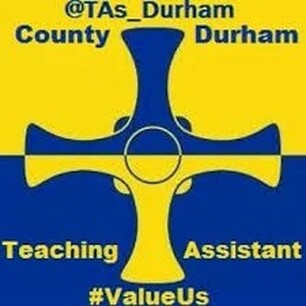 Inspired by an interview with Lisa Turnbull... In 2015, Durham County Council proposed changes to Teaching Assistant’s (TAs) contracts which would lead to a salary cut of up to 23%. The mainly women TAs, nicknamed the Lions of Durham, began a campaign opposing the changes which lasted into 2017. The TAs organised rallies, protests, and strike action, and gained widespread support, including from the Durham Miners’ Association who said: “the women always stood behind the miners, the miners will stand behind these women”. At the end of the dispute, The Northern Echo summed up their view saying: “They may not have achieved all of their aims but they can feel content that they reminded the wider community about the valuable role they play helping the next generation to achieve their potential. We value them.” Involvement in political campaigning also had a significant impact on the women who took part, as one TA explained: "Two years ago I wouldn’t have given a speech in front of a thousand people or been interviewed on camera. This has changed us. This has changed us from just mums and wives and daughters. We have a cause and people are talking about the Durham TAs all over the country." One of the TAs Lisa Turnbull wrote a number of poems about her experience including these, I’m Not… I'm not a commodity than you can share around I'm not like a dog at the Table... waiting around for scraps of jobs you have found I’m not being made to feel I’m not able I'm not here to be called upon when and if you see fit I’ve always pulled my weight I’ve always done my bit I’m not a bookable resource I’m a professional I’m a woman I’m strong I’ll always stand up for others To fight what's evidently wrong Whilst life may seem like a big black hole With passion in meagre supply None of us have all the answers But together at least we can try!! A Lion…
A lion steps forth with a powerful stride A lion stands firm loyal to its pride A lion shows bravery when faced with a test A lion keeps going and rarely takes rest A lion is powerful A lion is strong A lion stands for what's right and not wrong A lion is honest A lion is true A lion’s unique That lion is you A blog post written by volunteer Emily Brooks on her research looking at women's activism in West Yorkshire... "Tea and cake round at mine?" This is the first question I ask my friends when we are arranging to meet up, so it's not something I would associate with resistance. However, during my research for the project, I discovered some very interesting, non-typical spaces for protest - women’s homes, specifically living rooms.
When I think of protest, I think of marching, banners and parades. But there are cases of women meeting in each other’s homes to discuss their grievances. An intimate and private space which highlights the courage that these women have in opening their homes up to other women who were, in the beginning, strangers. One woman I came across during my research was named Elaine Connell from Hebden Bridge. When she moved to Hebden she advertised for a women’s group in the local newspaper. She ended up having meetings in her own home. But she was not the only one. In Hebden Bridge, in the 1970's, a woman called Annie Fatet held a group at her house at what was then The Bull where, along with the many issues the women had, they would talk about women's health. It was a moment for them, who confessed they didn't have the education, to come together in resistance to the conforming way of living and make a point to look after each and stand up for one another. Other topics of discussion included feminism, talking about understanding the female body and different sexualities as well as redefining women's roles. These groups, coming together in such an intimate, private space, would move their acts of resistance to public spaces. A Women's Exhibition was held in Hebden Bridge at Pitt Street in the 1970's. As well, there were campaigns at the Adult Education Centre, Pitt Street - a transformation of the private to the public but with the public sphere educational, rather than the expected political space. |
BlogHere's where we let you know what we're up to Archives
March 2024
|




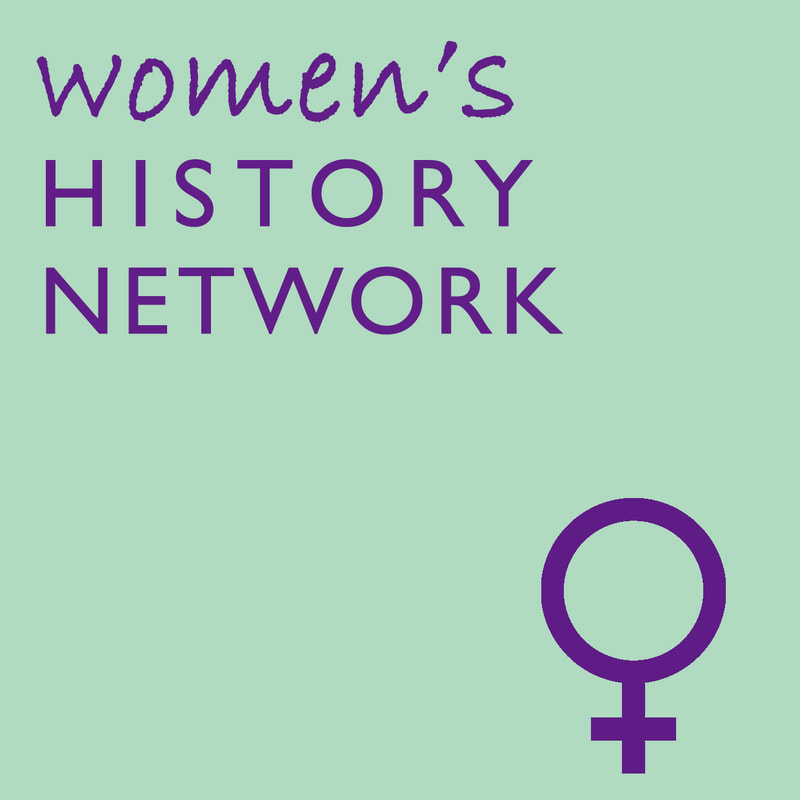
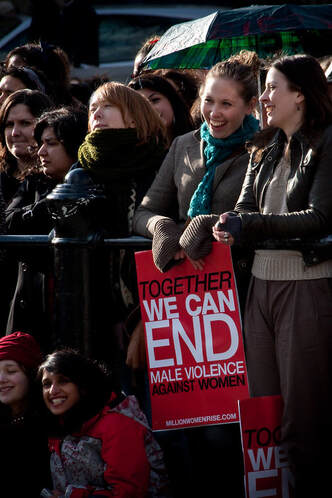

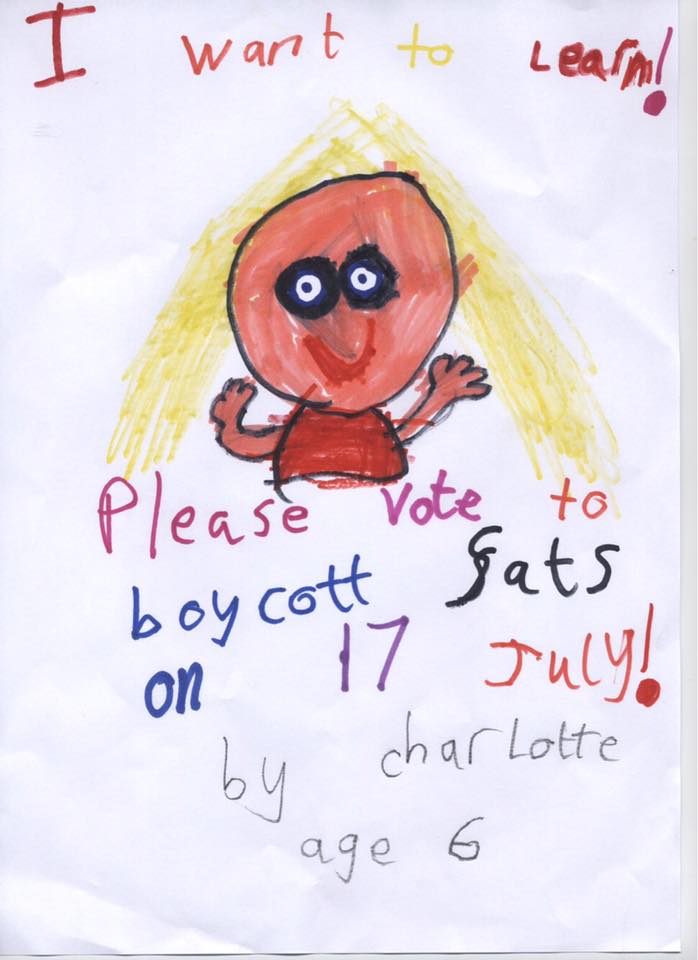
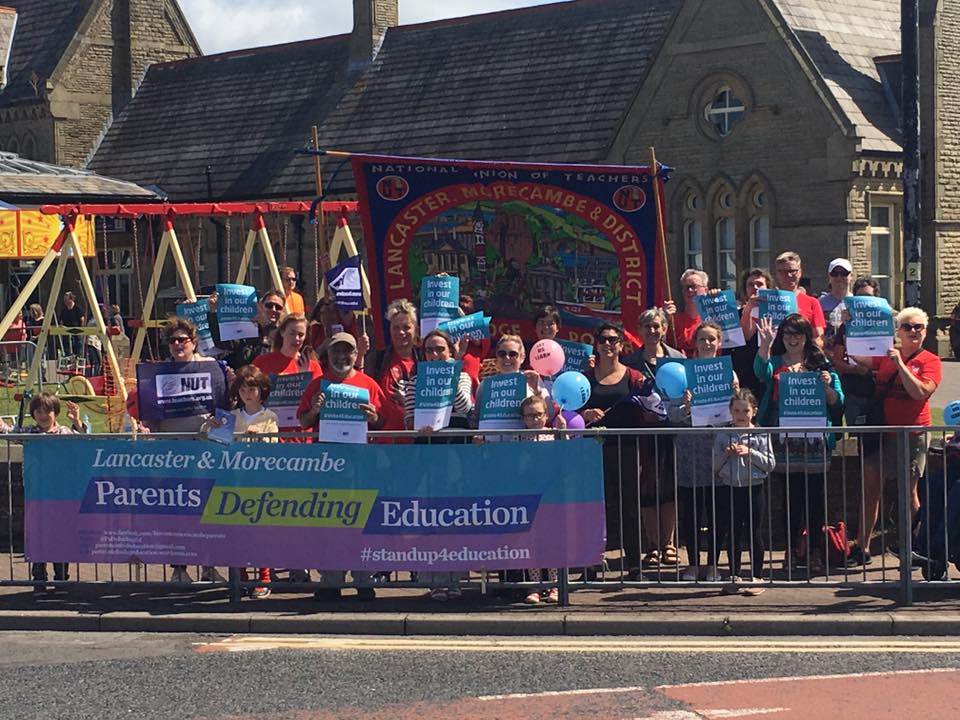
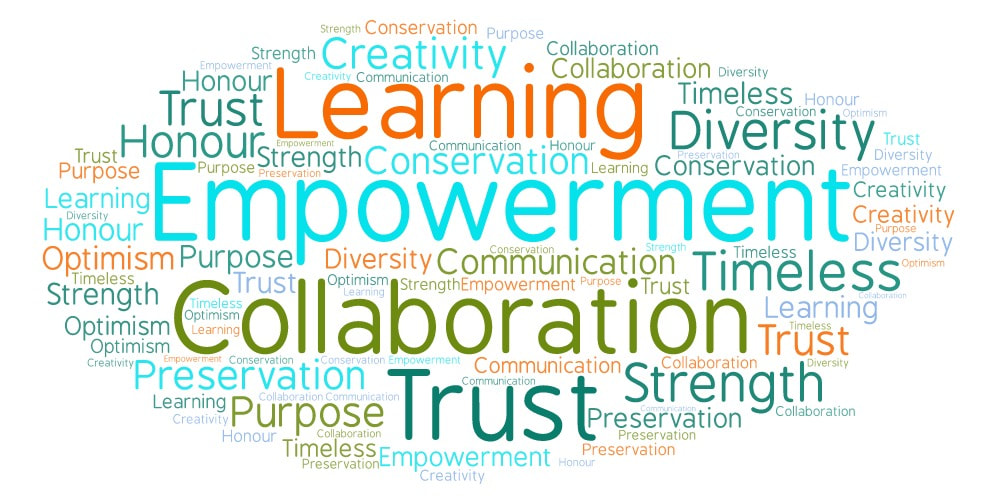
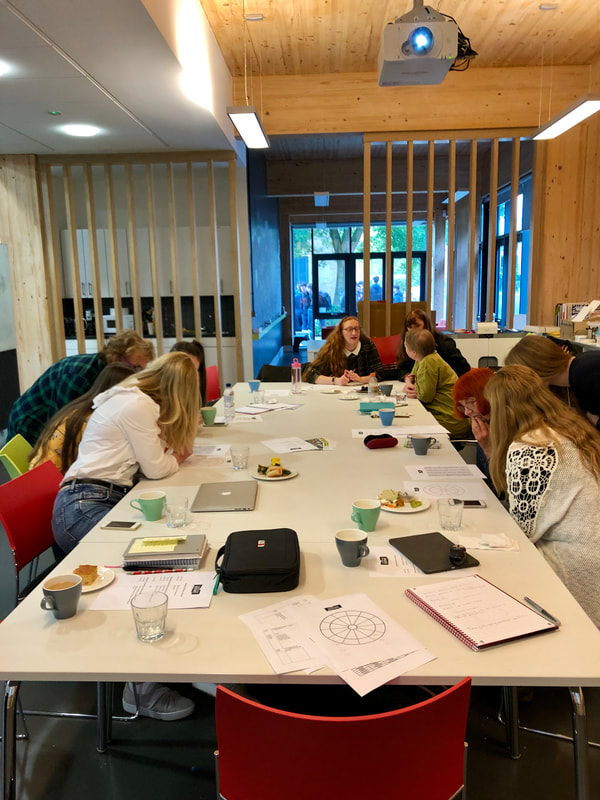
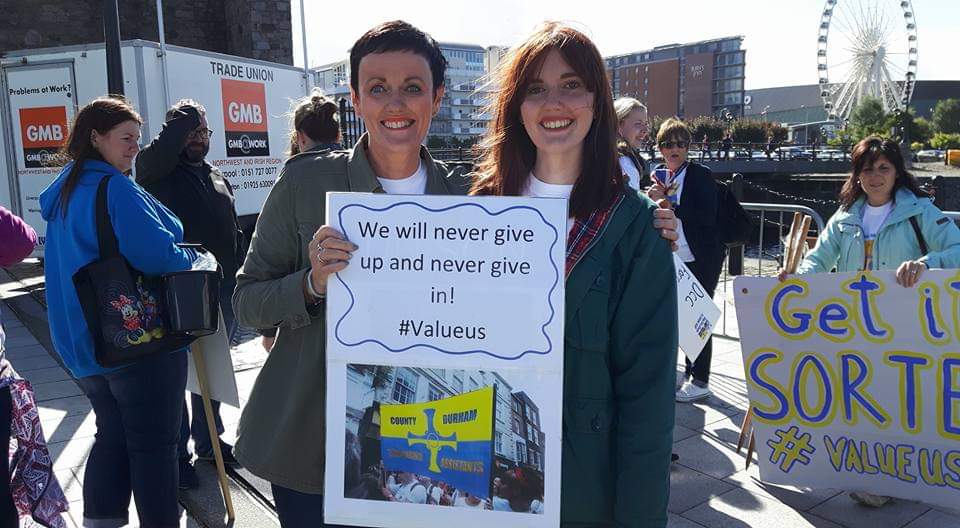
 RSS Feed
RSS Feed